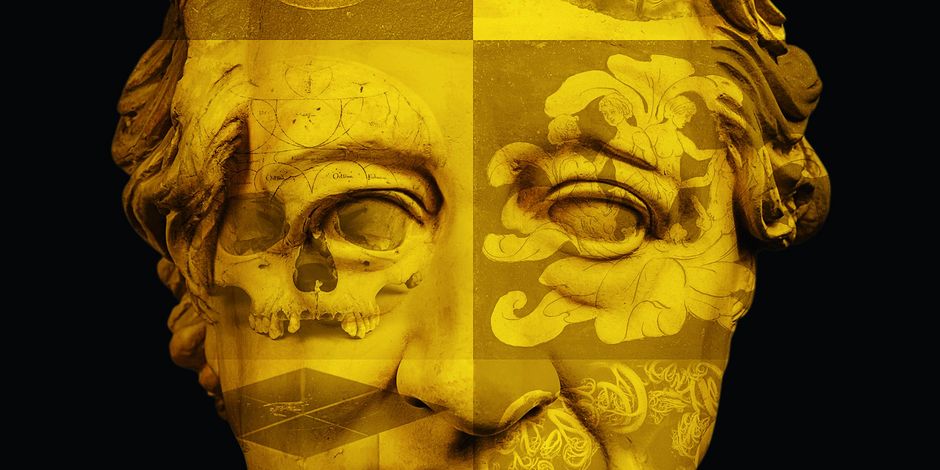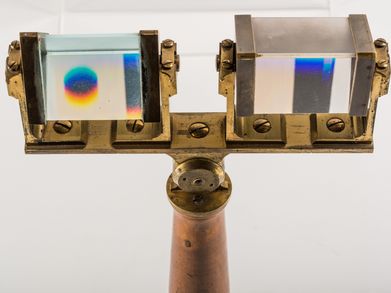Projects of the Klassik Stiftung Weimar are funded by the European Regional Development Fund (ERDF) and the Free State of Thuringia, represented by the State Chancellery of Thuringia, Department of Culture and the Arts.

Adventures in Reason
Goethe and the natural sciences around 1800.
For the first time ever, the Klassik Stiftung Weimar presents Goethe’s extensive natural scientific collection from 28 Aug 2019 to 16 Feb 2020. Visitors can look forward to a thrilling thematic presentation with innovative media stations which revisit the debates of the burgeoning natural sciences around 1800 and highlight their connection to contemporary issues.
Johann Wolfgang von Goethe (1749 – 1832) was not only devoted to literature and the fine arts but also the natural sciences – a field that witnessed revolutionary changes between 1770 and 1830. Renowned scientists such as Alexander von Humboldt (1769 – 1859), Georges Cuvier (1769 – 1832) and Joseph von Fraunhofer (1787 – 1826) produced ground-breaking works which laid the foundation for today’s natural-scientific disciplines.
Official Trailer
Goethe actively followed and participated in these developments. In close dialogue with fellow scholars and researchers, he staged experiments, recorded his own observations and amassed an extensive natural science collection. In the space of some 50 years, he collected more than 23,000 natural scientific objects – from minerals, rocks and fossils to preserved animal and plant specimens to numerous physical and chemical laboratory devices.
This body of exquisite artefacts has been almost entirely preserved at its original location and represents one of the most outstanding natural science collections of the period between the Enlightenment and Romanticism. For the first time, the Klassik Stiftung Weimar presents Goethe’s collection in a comprehensive exhibition. Divided into three sections – Time and Earth, Classification and Development, Light and Substance – the displayed items illustrate how intensively Goethe followed the current scientific debates of his time. Supplemented by the latest research findings from Goethe’s far-reaching network of fellow scholars and scientists, the exhibition offers informative insights into the dynamic processes that shaped the modern natural sciences around 1800. As was the custom in Goethe’s day, the exhibition presents the relevant scientific topics using modern forms of presentation and interactive displays which are easy to understand for the non-scientific public.
The exhibition, financed by German Federal Ministry of Education and Research (BMBF), the Wilhelm and Else Heraeus-Stiftung and the Ernst-Abbe-Stiftung, features an extensive catalogue and a diverse programme of accompanying events.
The Klassik Stiftung Weimar cordially invites the public to an upcoming lecture and discussion event on 2 October 2019 with the astrophysicist, natural philosopher and science journalist Professor Harald Lesch.
Opening times and admission prices
28. Aug 2019 – 26 Oct 2019
Tue – Sun 9:30 am – 6 pm
27 Oct 2019 – 16. Feb 2020
Tue – Sun 9:30 am – 4 pm
Ticket A
Exhibition and Schiller Residence
Adults € 8 | red. € 6.50 | pupils (16-20 yrs.) € 3
Ticket B
Exhibition, Schiller Residence and Park Cave
Adults € 10 | red. € 7 | pupils (16-20 yrs.) € 3.50
The Park Cave is closed on Tuesdays.




